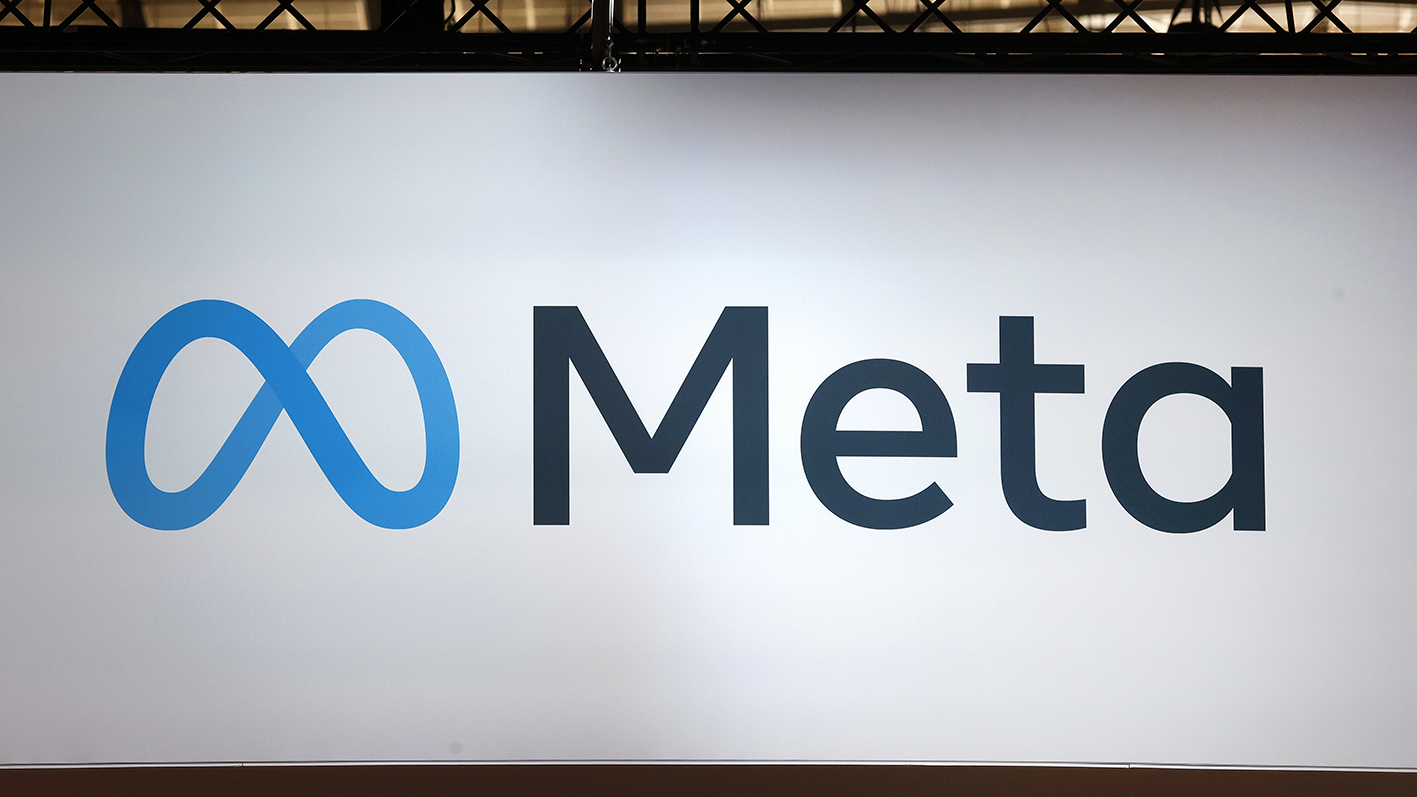
Meta Platforms announced that it will shut down its augmented reality (AR) studio, Meta Spark, which has been a vital tool for third-party creators to develop custom AR effects for platforms like Instagram and Facebook.
The shutdown is scheduled for January 14, 2025. At that time, all third-party AR effects created using Meta Spark will no longer be accessible, although Meta’s own AR effects will still be available on Facebook, Instagram, and Messenger. This decision comes as Meta shifts its focus towards other areas, including artificial intelligence (AI) and the development of the metaverse.
Creators Respond with Disappointment and Frustration
The announcement has caused significant unrest among the AR creator community, many of whom expressed disappointment and frustration in posts on the Meta Spark Community page on Facebook.
Some creators stated that the decision would directly affect their livelihoods, as they rely on the platform to create effects that generate income. According to these creators, they were informed of the shutdown only through a Facebook post, leading to confusion and anger about the sudden change. There are concerns about the lack of a clear reason for closing the platform and the limited time frame provided for creators to adapt.
Meta Spark was first launched in 2017, at a time when augmented reality was still a relatively new concept for most consumers.
Over the years, the platform gained significant traction, with AR effects created on Meta Spark being used billions of times by hundreds of millions of users across Meta’s platforms. The program expanded in 2021 to allow for the creation of AR effects not only on Instagram and Facebook but also for video calls on Messenger and the now-discontinued Portal devices. By that time, more than 600,000 creators from over 190 countries had utilized Meta Spark to build AR effects.
Meta’s Focus Shifts from AR to AI and Metaverse
Despite the platform’s popularity, Meta stated that the decision to close Meta Spark was based on a “thorough assessment” and reflects the company’s aim to prioritize products that align better with future consumer and business needs.
While Meta did not explicitly link the decision to AI or other new technologies, the company’s ongoing focus on AI and metaverse projects suggests these may be the areas of interest. Meta’s blog post emphasized gratitude towards the creator community, acknowledging their role in expanding the reach of AR to a global audience over the past seven years.
The announcement also comes ahead of Meta’s upcoming Meta Connect event, set for September 25 in Menlo Park, where more details on future developer initiatives may be revealed. Rumors suggest that Meta is working on updated AR smart glasses, potentially differing from the current Ray-Ban Smart Glasses, indicating the company’s continued interest in AR technology. However, the decision to discontinue Meta Spark has raised questions about Meta’s commitment to supporting third-party AR development.
Calls for Better Transition Planning by Meta
Some creators, like Douglas Costa, voiced strong objections, stating that many had invested significant resources in developing a sustainable livelihood around Meta Spark.
In a Facebook post, Costa criticized the decision as disrespectful to both creators and platform users who enjoy AR effects. He argued that the timeline for shutting down the platform is too short, suggesting a year would be more appropriate to allow creators to transition and find new opportunities. A poll conducted within the community group showed overwhelming opposition to the shutdown.
Meta has advised AR creators to download and save their project files, assets, and demos before the January 14 deadline. The company also mentioned that the Meta Spark Community group on Facebook would be archived after this date, further signaling the end of support for third-party AR development on its platforms.
Featured Image courtesy of Chesnot/Getty Images
Follow us for more tech news updates.
